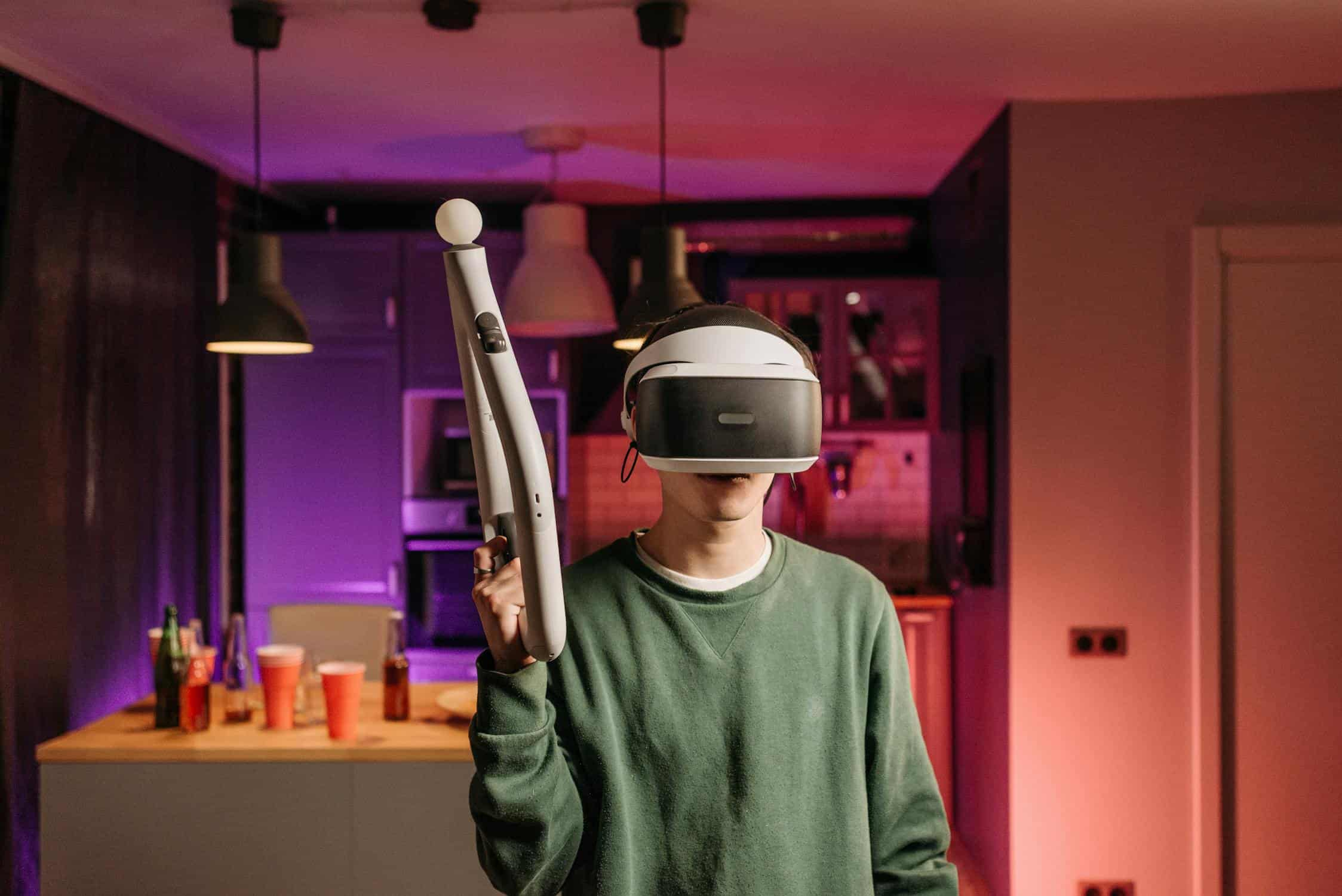Australia’s smart home market was valued at AUD 3.2 billion in 2023 and is projected to reach AUD 13 billion by 2030, driven by advances in Internet of Things (IoT) technology and rising consumer demand for energy efficiency and convenience. Modern homes are transforming into intelligent living spaces that adapt to our daily needs.
Engineers and designers are integrating interconnected systems that control lighting, heating, security and more through the IoT. This shift not only improves energy management but also enhances overall quality of life. It’s making homes safer and more efficient.
Integrating technology for a smarter home
Smart home systems link multiple devices via wireless protocols that enable seamless communication and automation. These devices allow automatic adjustments based on real-time data from sensors installed throughout the home. Smart thermostats, for example, optimise energy usage by adjusting temperatures based on occupancy patterns and weather forecasts, helping Australian homeowners reduce electricity bills.
In addition to energy management, integrated security is also a major focus. Modern security systems in Australian homes include smart cameras, motion detectors and alarms that can send alerts to residents’ smartphones. Some setups offer optional continuous monitoring services that can even connect to local emergency services if required.
Integration with virtual assistants adds another layer of convenience. Voice control capabilities allow residents to manage their home environment with simple commands. This connectivity extends to remote control of appliances, allowing homeowners to adjust settings even when they are away.
Impact on daily living and future prospects
The benefits of smart home technology extend far beyond energy savings. Automated lighting and window treatments adjust in response to natural daylight, which reduce reliance on artificial lighting and lower energy consumption. This leads to cost savings for homeowners and supports Australia’s commitment to sustainable living by lowering the urban carbon footprint.
Home automation is also transforming daily routines. With systems that can be controlled remotely via smartphones, residents can manage tasks such as adjusting climate settings, scheduling appliance use and receiving real-time maintenance alerts. This kind of control alleviates the stress associated with managing a household and allows individuals to focus on other priorities.
As everyday routines become more streamlined, smart technology becomes a silent partner in making life less burdensome. AI-powered systems like predictive climate control and adaptive lighting solutions that enable personalised experiences based on usage patterns. While personalised climate control systems adapt to individual habits, advanced home entertainment solutions deliver even more immersive experiences.
Additionally, smart devices that monitor indoor air quality and movement add a new layer of functionality, which contribute to healthier living environments. This anticipatory capability makes homes not just reactive, but proactive in maintaining comfort and efficiency.
Smart home technology in Australia is shifting from novelty to norm, delivering quieter efficiencies in energy use, comfort and daily routines. As systems become easier to install and more responsive to real-world use, the appeal for both households and developers will only grow. What’s emerging is not just convenience, but a better way to manage modern living.
Engineering is everywhere
Engineering shapes our world, influencing every aspect of our lives: housing, transport, food and drink, technology and communication, art and entertainment, the news media, health, education, finance, and more. Follow this blog series as we continue to explore.
